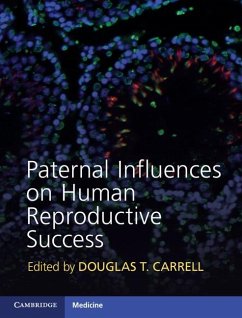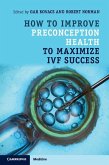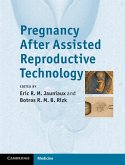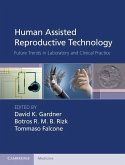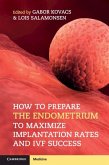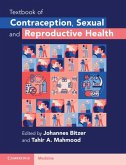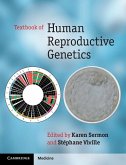Historically, sperm have been seen as simply a mechanism of transferring a haploid set of chromosomes to the oocyte. However, data from assisted reproduction therapies (ART) have demonstrated that in many couples the sperm appears to be responsible for abnormal embryogenesis. Recent advances in genetic and epigenetic techniques have identified key mechanisms by which the sperm, and the DNA carried by the sperm, can affect early embryonic development. Paternal Influences on Human Reproductive Success examines the genetic and epigenetic influences on embryogenesis, as well as practical clinical factors related to the male contribution to reproductive success. It also provides 'cutting edge' data and analysis of recent evaluations of the role of advanced paternal age, environmental influences and lifestyle factors on male reproductive fitness, making this an invaluable text for physicians treating patients for infertility, recurrent pregnancy loss, and developmental anomalies, as well as basic scientists studying embryogenesis and spermatogenesis.
Dieser Download kann aus rechtlichen Gründen nur mit Rechnungsadresse in A, B, BG, CY, CZ, D, DK, EW, E, FIN, F, GR, HR, H, IRL, I, LT, L, LR, M, NL, PL, P, R, S, SLO, SK ausgeliefert werden.

